Remember Covid? The pandemic we had a couple of years back that made the whole world rethinka lotof things about how we function as individuals and a society?
While the immediate threat is not entirely gone, we have learned to live with it, and have actually learned a couple of other things from the entire experience.
One of the biggest lessons was that many of us can realistically do our jobs from home. Despite what our corporate overlords might say on the matter. And can actually do it more efficiently. So what gives?
More Info:Reddit
Work from home has certainly opened up new opportunities for employees to find a workplace they’d be most comfortable with
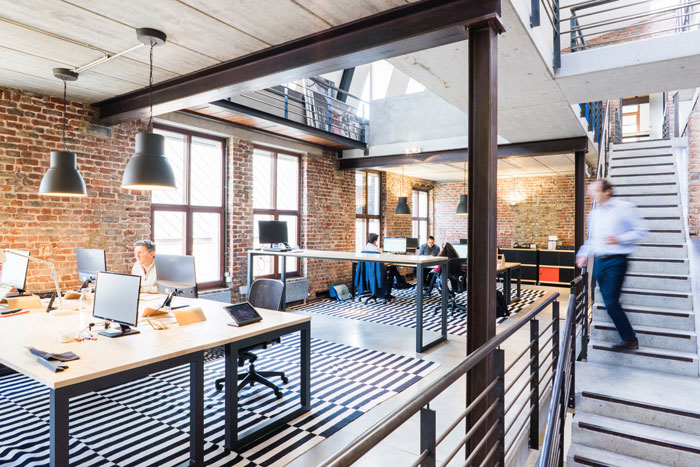
Image credits:Proxyclick Visitor Management System (not the actual photo)
However, sometimes there’sthat one guywho might just ruin it all because that fits the corporate agenda and it leaves folks like this flabbergasted
Image credits:u/UselessWidget
The Redditor sparked a bit of a discussion on whether and how companies gaslight employees regarding remote work and whether employees are truly that delusional

Image credits:Yan Krukau (not the actual photo)
OP was in a big all-hands call that day when one of the execs read an anonymous employee’s comment about the lack of ambient noise in the premises. It went on to say that it is a really nice building—one that would benefit from more people gracing it with their presence instead of performing their usual corporate duties from their remote location of choice.
OP went on to say that this all seems like corporate gaslighting that aims to make folks believe coming back to the office is a return to “normal.” It’s trying to hide a negative dynamic that would plunge employees into a culture of micromanagement, reduced personal comfort, diminished productivity, a work-life balance with blurred lines, and, ultimately, less happiness.

Image credits:Christina Morillo (not the actual photo)
Folks online agreed that this is textbook gaslighting.This one commenterelaborated that companies are prone to gaslighting because work from home means they can’t micromanage, and it exposed the office industry for its toxic culture and unnecessary practices.

Image credits:Ivan Samkov (not the actual photo)
While there is reason to be skeptical about OP’s statements regarding the popularity of remote work, it turns out that the stats are on their side.Around 98% of workerswould like to be able to work remotely at least some of the time. This is due to the need for flexibility, autonomy and work-life balance that remote work offers.
Until then, however, only 16% of companies in the US are reported to be operating fully remotely. These are companies that pioneered remote work, emphasizing that the work from home model is more than possible in today’s world and they serve as an example for others to follow suit.
Ultimately, it boils down to personal preference and approaching your boss on the opportunities for a preferred model of work is the thing that can guarantee you are a happy bee in this necessary evil of a colony we call work.
So, what are your thoughts on everything that you’ve read here today? Which side of the work model fence are you on? Let us know the what’s and why’s in the comment section below!
Many online thought that this is textbook gaslighting, but also had to take the opportunity to be witty about it. Because it’s the internet
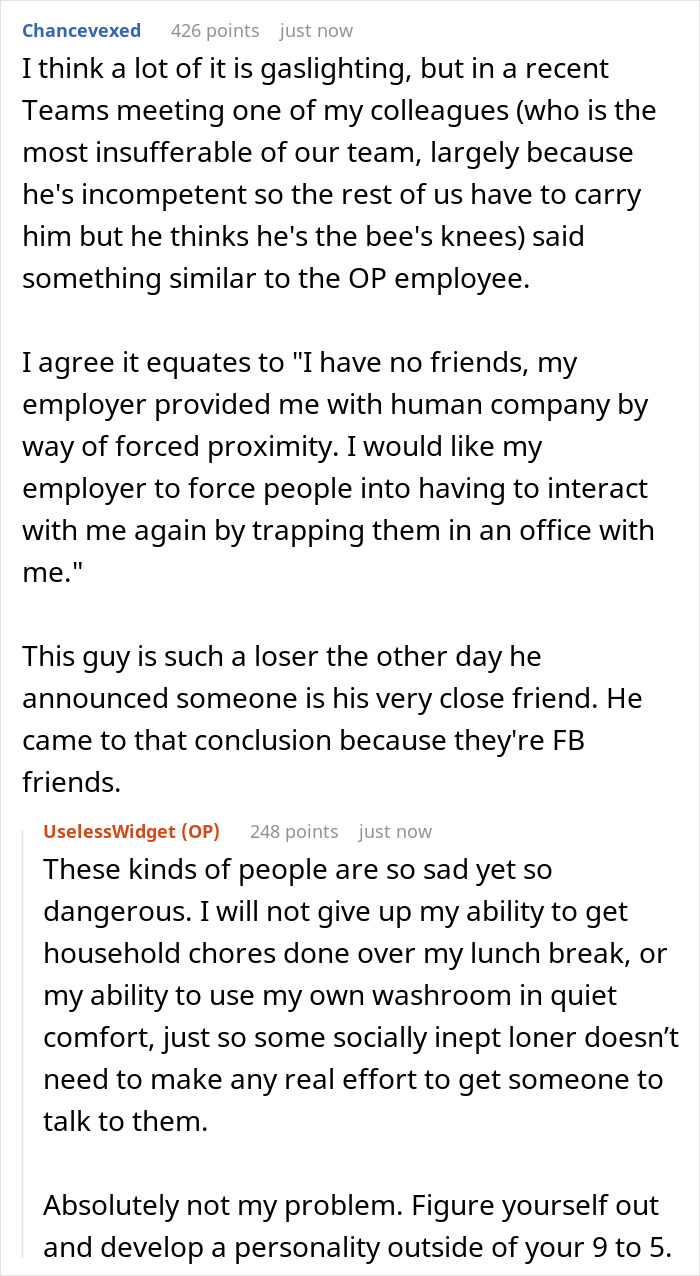


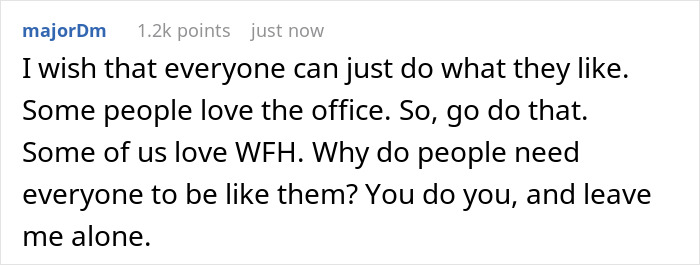

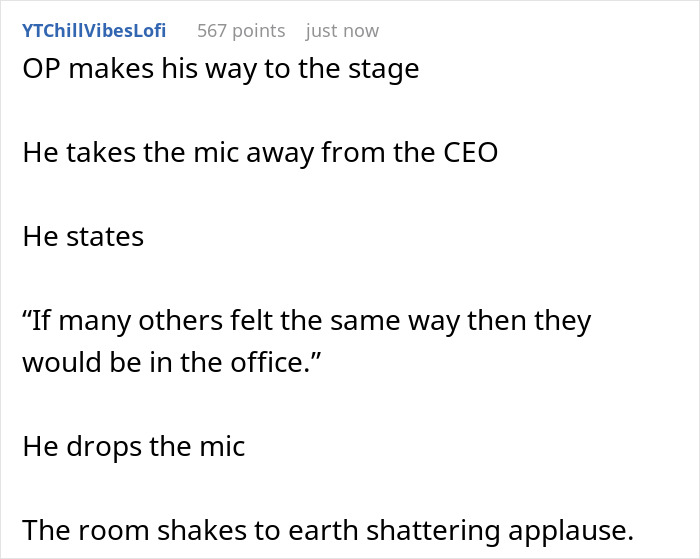



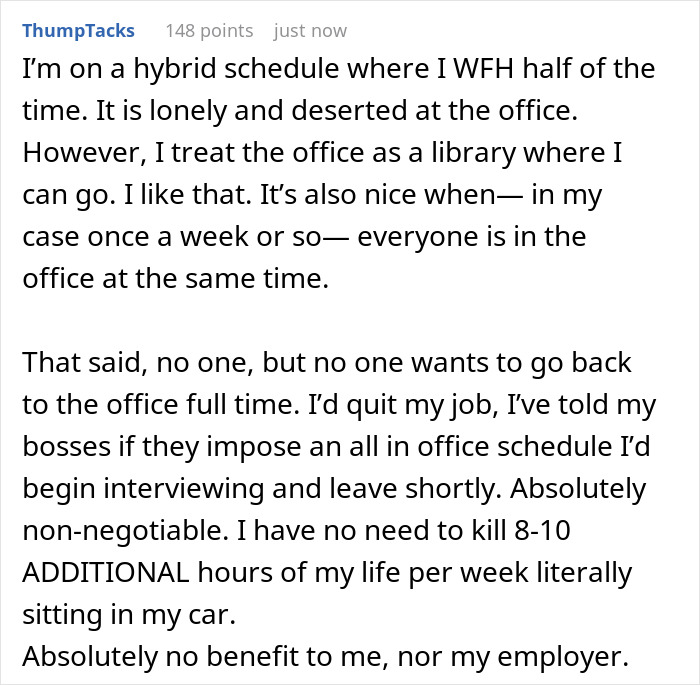 Gabija Saveiskyte
Gabija Saveiskyte
Justinas Keturka
Rūta Zumbrickaitė
Work & Money